As a miniature painter of tabletop gaming models, do you often feel the pressure to create perfect pieces. This can be extremely frustrating, as it seems that no matter what you do, you can never quite achieve the level of perfection you’re striving for. This can result in a lot of wasted time and energy, not to mention a lot of stress.
In this article, I share what I’ve learned about perfectionism and how to cope with it to continue staying productive. Bottomline: Don’t suffer from perfectionism, learn to live with it!
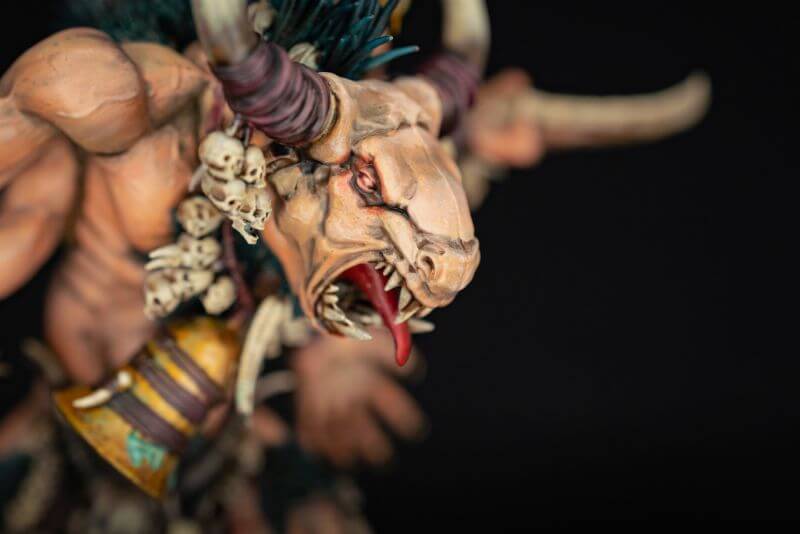
The Top Line: What is Perfectionism?
Perfectionism can be defined as “…a combination of excessively high personal standards and overly critical self-evaluations” (Curan 2017).
This tendency can lead to feelings of inadequacy, frustration, and even depression. It’s important to remember that perfectionism is different from having high standards; it’s about setting unrealistic goals that are impossible to achieve.
RELATED: STUCK? DEVELOP AN EXPRESSIVE MINIATURE PAINTING STYLE
There are two main types of perfectionism: self-oriented and socially prescribed. Self-oriented perfectionism is when individuals set excessively high standards for themselves and strive to meet these standards.
Socially prescribed perfectionism is when individuals believe that others have unrealistic expectations of them and they feel the need to meet these expectations.
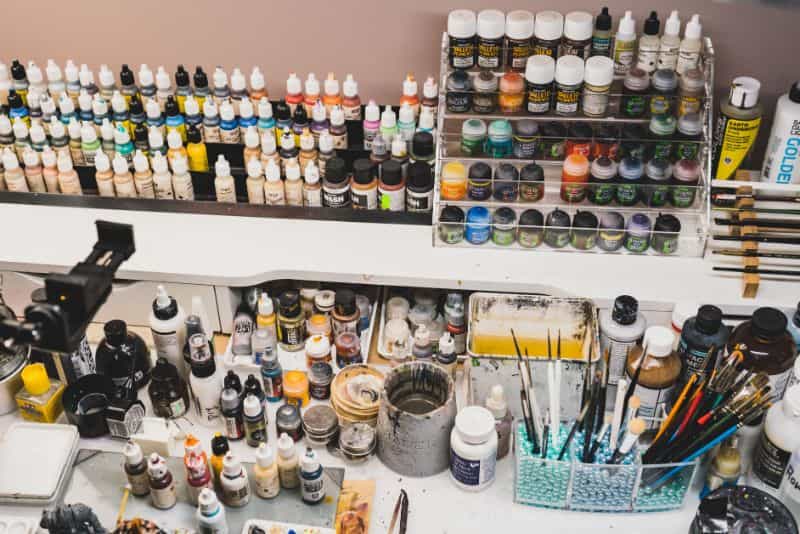
While perfectionism is often thought of as a positive quality, it can actually have negative consequences. Perfectionists are often very critical of themselves and others, and they may have difficulty completing tasks because they’re never satisfied with the results.
Perfectionism can also lead to procrastination, as individuals may avoid starting tasks because they don’t feel like they can meet their high standards.
If you’re a perfectionist, you may find yourself feeling stressed and anxious often. You may also have difficulty enjoying your hobbies or activities because you’re always focused on achieving perfection.
Perfectionism is often detrimental to productivity, as individuals may spend too much time on one task or project and never move on to anything else.
How Perfectionism Invades the Miniature Painting Community
As someone with perfectionist tendencies, I often find myself struggling with my hobby of miniature painting. It’s exhausting. Oddly, this perfectionist attitude is the anti-thesis of why we need hobbies.
Do you feel this, too?

The need to make every brush stroke perfect, the anxiety of not being able to meet your own high standards, and the pressure you put on yourself to create perfect pieces can be overwhelming.
You’re never satisfied with the work you do, and find yourself starting over or scrapping projects entirely because you’re not happy with the results.
Is this your experience?
If so, you’re not alone. Many miniature painters suffer from perfectionism. In fact, a recent survey found that nearly 80% of respondents said they felt pressure to create perfect pieces.
Can You “Fix” Perfectionism?
Perfectionism is based on fear. Fear of failure, fear of not being good enough, fear of not meeting other people’s expectations.
The first step to managing perfectionism is to understand where these fears come from. Once you know where your fears originate, you can begin to address them and work on managing them.
There is no “cure” for perfectionism.
What I’ve learned through my study of psychology is that perfectionism is a much more complex “condition of mind” than most people realize.
On the surface, it may seem like a simple case of setting high standards for oneself, but perfectionism is actually a multi-dimensional construct. It’s made up of several different components, including:
- Rigid thinking – All-or-nothing thinking, black-and-white thinking, and dichotomous thinking.
- Unrealistic standards – Setting excessively high standards for oneself that are impossible to meet.
- Intolerance of mistakes – Being highly critical of oneself and others, and having a need for perfection.
- Procrastination – Putting off tasks or activities because you don’t feel like you can do them perfectly.
- Perfectionistic self-image – Having a negative view of oneself and feeling like you’re never good enough.
Each of these “components” are both the symptoms and contributors toward the psyche of the individual perfectionist.
So, what’s the takeaway?
There is no “cure” for perfectionism, but there are ways to manage it. The first step is to understand where your fears and unrealistic standards come from. Once you know that, you can begin to work on managing them.
How to Cope with Perfectionism
What can you do to deal with perfectionism and continue enjoying your hobby, i.e., miniature painting, creative writing, etc.?
Here are some tips to live with perfectionism in your hobby and art:
- Set realistic goals for yourself. Don’t try to do everything at once, and don’t expect perfection.
- Focus on the process, not the final product. Enjoy the journey, and don’t worry about whether or not you’ll “succeed.”
- Allow yourself to make mistakes. Mistakes are part of learning and growing.
- Find a supportive community. There are many perfectionists in the miniature painting community. Find others who understand your struggle and can offer support and encouragement.
- Seek professional help: If you’re struggling to manage your perfectionism on your own, a therapist can help you understand your fears and work on developing healthy coping mechanisms.
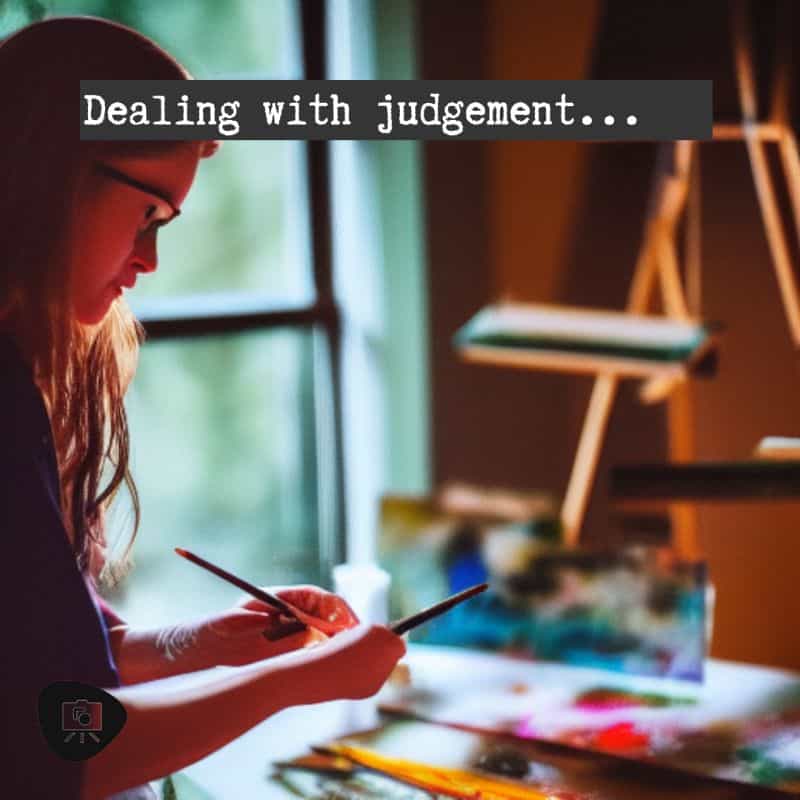
Best Tip to Overcome Perfectionism, Ever: “Get OFF Social Media!”
One of the best pieces of advice I’ve ever heard for dealing with perfectionism is to “get off social media.”
This may seem like an odd suggestion, but hear me out.

Perfectionism thrives in comparison. The more we compare ourselves to others, the worse we feel about ourselves. And there’s no easier way to compare ourselves to others than by scrolling through social media.
Your Instagram feed, Tik-Tok, whatever, is a minefield of mind-junk. Some of it great, but often our brains automatically judge things, which in-turn makes us unreasonably judge ourselves. We can’t help but compare what we see with what we think.

For example, every time we see someone else’s perfectly curated life, we can’t help but compare our own lives to theirs. And when our own lives don’t measure up, we feel like failures. Well, the same is true for those perfectly (or seemingly so) painted models and minis.
How did they get that color gradient so smooth!? Why is my stuff not that good?
Ugh. Get away from that.
So, if you’re struggling with perfectionism, one of the best things you can do is take a break from social media. Spend less time comparing yourself to others, and more time focusing on your own life and goals.
Stop Getting Burned
Judgement. That “shame script” in your head, intrusive negativity in your mind, and pressure to perform… all can lead to frustration, anxiety and even quitting the hobby altogether.
You don’t have to be perfect to enjoy miniature painting. In fact, part of the fun is in the imperfections.
The key is to find a balance between enjoying the process and striving for excellence. And, most importantly, to be kind to yourself.
Final Thoughts
Perfectionism is common among hobbyists, especially those who enjoy creative hobbies such as miniature painting.
If you’re a perfectionist, don’t despair! There are ways to manage your perfectionism so that it doesn’t take over your life and ruin your enjoyment of your hobby. You want to have fun, chill out, and escape the day-to-day burdens, if only for a while. The space and time you create should be a judgement-free zone.
Be accepting of your own capabilities and progress. Cut yourself some slack!
I hope you found this article and tips helpful. If you have any other suggestions, please share them in the comments below. And remember, the most important thing is to enjoy your hobby!

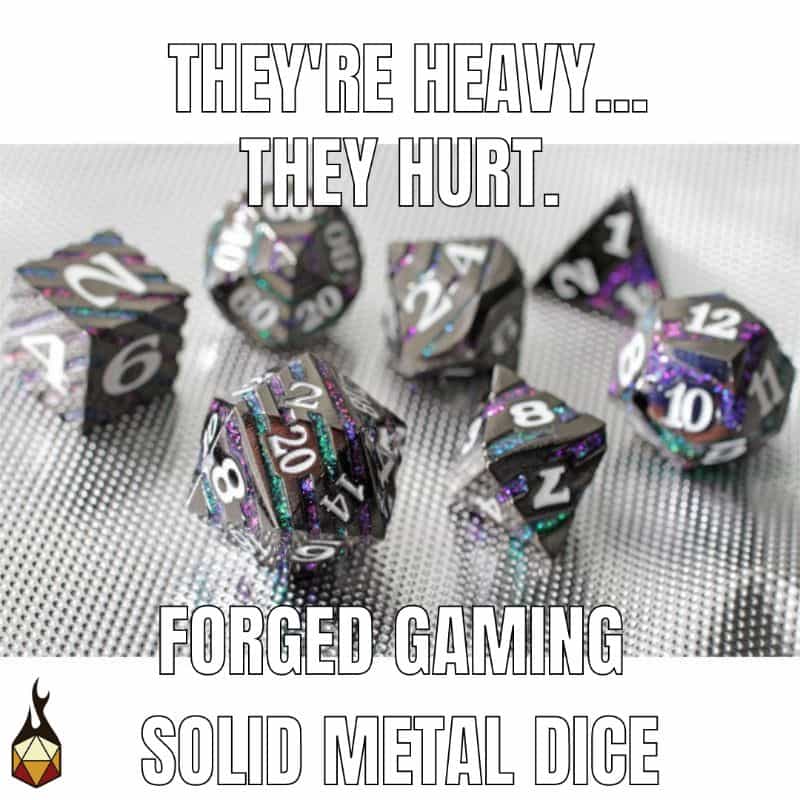

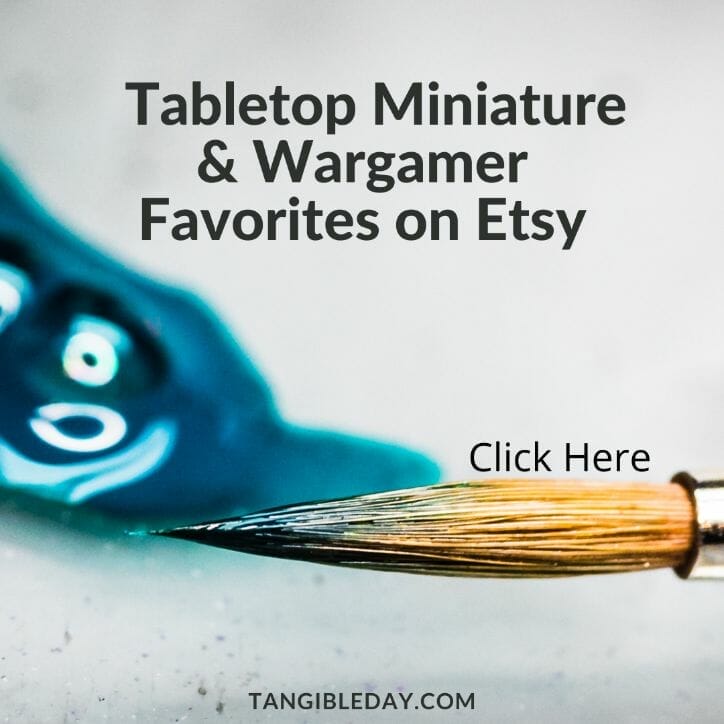
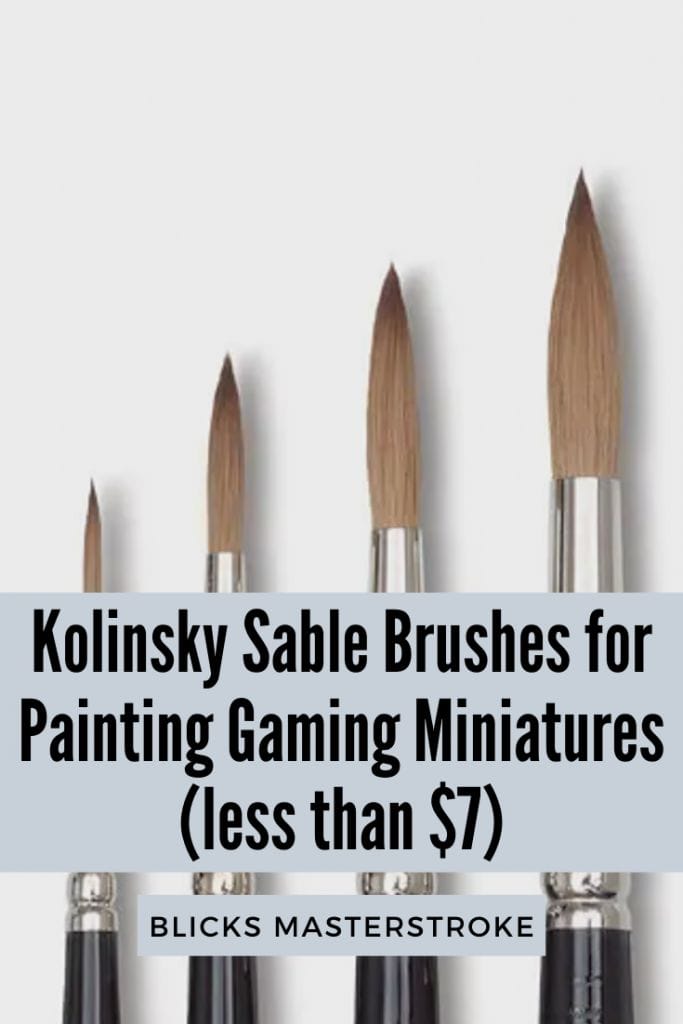
Tangible Day on YouTube (Miniatures and More!)


Pingback: Do You Suffer From Hobby Perfectionism? (Solutions) - Toy Newz